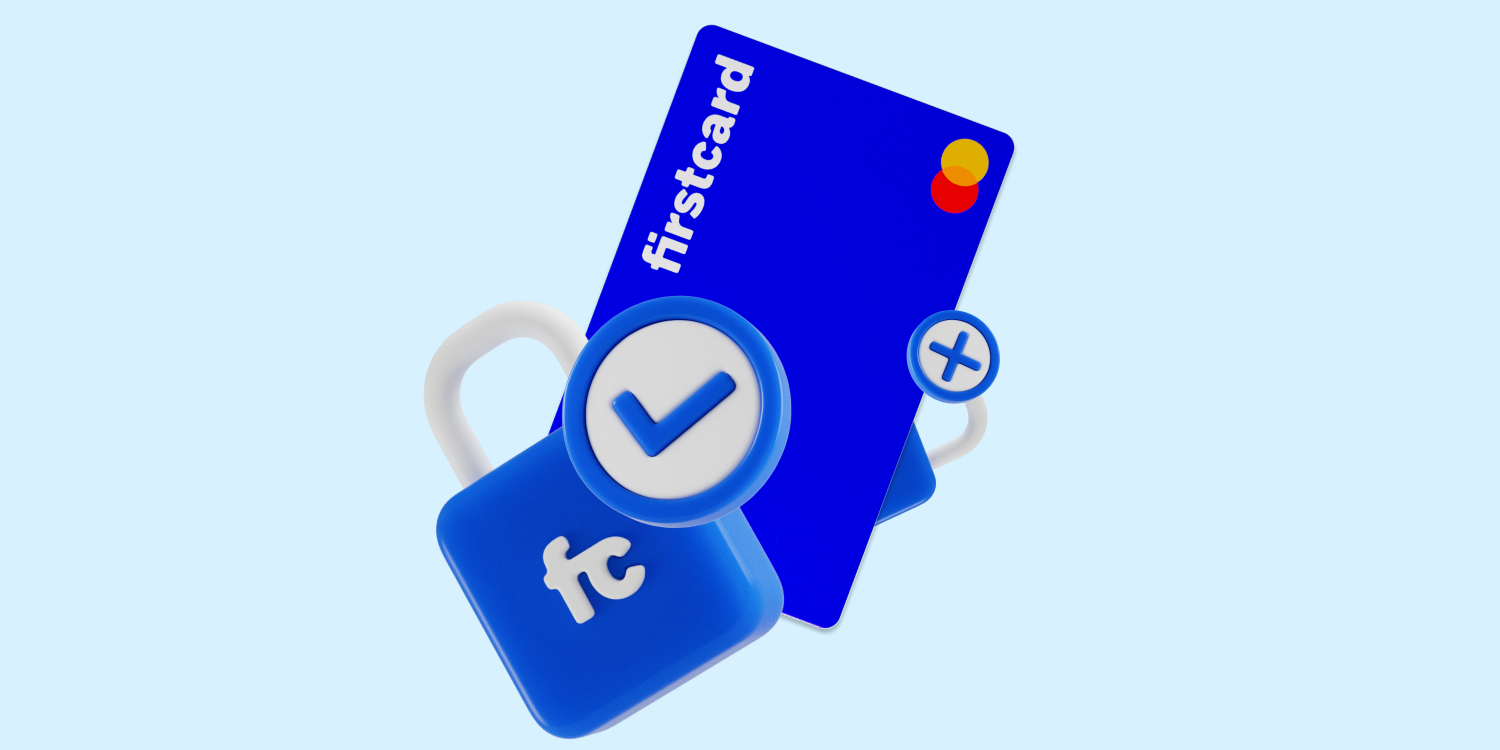
Credit Repair Tips For Beginners
A strong credit score opens the door for better financial opportunities. From lower interest rates to higher credit limits, good credit brings real advantages. If your score needs improvement, you are not alone. Many people start with little to no credit knowledge and work their way up. The process of credit repair takes time, but by utilizing the right strategies, you can see your credit score increase in just a few months!
This guide walks through key credit repair tips for beginners and highlights how Firstcard can support your journey.
What Is Credit Repair?
Credit repair refers to the process of improving your credit score by addressing negative items on your credit report, paying down outstanding debt, and establishing a positive credit history. While some companies offer credit repair services for a fee, many effective strategies can be completed on your own at no cost.
To get started, first check your credit report for errors, correct inaccurate information, pay off overdue balances, and adopt healthy financial habits such as making payments on time. These steps help demonstrate financial responsibility to the credit bureaus and gradually improve your score.
1. Review Your Credit Reports Regularly
Your credit reports contain information that influences your overall score. Access your free reports weekly at AnnualCreditReport.com from Experian, TransUnion, and Equifax. Review report data carefully and identify errors such as:
- Accounts that do not belong to you
- Incorrect balances or payment records
- Duplicate listings or outdated information
- Hard inquiries you did not authorize
2. Dispute Any Errors
Disputing inaccurate information is a key step in credit repair. If you identify an error, file a dispute directly with the reporting bureau. Include documentation that supports your claim, such as payment records or account statements. Credit bureaus usually respond within 30 days and must correct or remove any verified errors.
If you prefer professional support during this process, Lexington Law can help analyze your credit reports and submit disputes on your behalf. The firm has over 20 years of experience helping clients identify questionable items and communicate with both creditors and bureaus to correct reporting issues.
3. Pay Off Past-Due Accounts
Delinquent accounts have a major negative impact on your credit score. Accounts in collections can significantly harm your score and can remain on your credit report for up to seven years. To address this:
- Focus on recent delinquencies first
- If you cannot pay in full, communicate with creditors to arrange payment plans
- Pay off collection accounts where possible
Once resolved, these accounts stop reporting as active negatives and your score should begin to improve.
4. Make On-Time Payments
Your payment history accounts for 35 percent of your FICO score and has the biggest impact on your credit score. Even one missed payment can cause a setback. Set up automatic payments or calendar reminders to stay on track. Firstcard’s autopay feature ensures on-time payment by automatically paying off your Firstcard credit card bills using the money you’ve already transferred to your account. A consistent record of on-time payments establishes trust with lenders and can help to improve scores over time
5. Lower Your Credit Utilization
Credit utilization measures your current revolving debt as a percentage of your total credit limit. This factor accounts for about 30 percent of your score. We recommend keeping your credit utilization ratio below 30% for best results. To reduce utilization:
- Pay down existing balances
- Request higher credit limits
- Avoid closing paid accounts, as doing so reduces available credit and raises your utilization ratio
- Use tools such as debt consolidation loans to move balances off credit cards
Lower utilization often yields results within a billing cycle.
6. Use Credit-Building Tools Designed for You
Credit builder cards, secured accounts, and monitoring tools can support your progress. Firstcard combines all of these features into one platform. Users receive a secured credit builder card, a free checking account, cashback on everyday purchases, and up to 4.00% APY on savings. You can apply with an ITIN, visa, or passport, no SSN required.
These features make it easier to stay engaged and motivated throughout the repair process.
7. Maintain Older Accounts
Account age contributes to 15 percent of your FICO® Score. Closing old accounts can shorten account age and reduce available credit. Instead of closing, consider:
- Downgrading cards with high annual fees to no-fee versions
- Keeping accounts open with low or no activity
This helps maintain your account age and credit utilization ratio.
Final Thoughts
Repairing your credit starts with small, consistent steps. Checking your reports, resolving errors, reducing debt, and using the right tools can lead to meaningful progress. Firstcard supports users at every stage of the journey by removing traditional barriers to credit and providing easy-to-use tools that make credit repair less intimidating. Whether you’re just getting started or rebuilding after financial setbacks, Firstcard offers solutions that will get you to the next level.

Start Building Credit with Firstcard
- Build credit faster
- No credit check or hard inquiry
- Accepts international students, immigrants and foreigners without SSN
- 0% APR
- Get up to 1% unlimited cashback
- Get up to 4.00% APY
Credit building
for all
.webp)




.svg)
.png)







.svg)